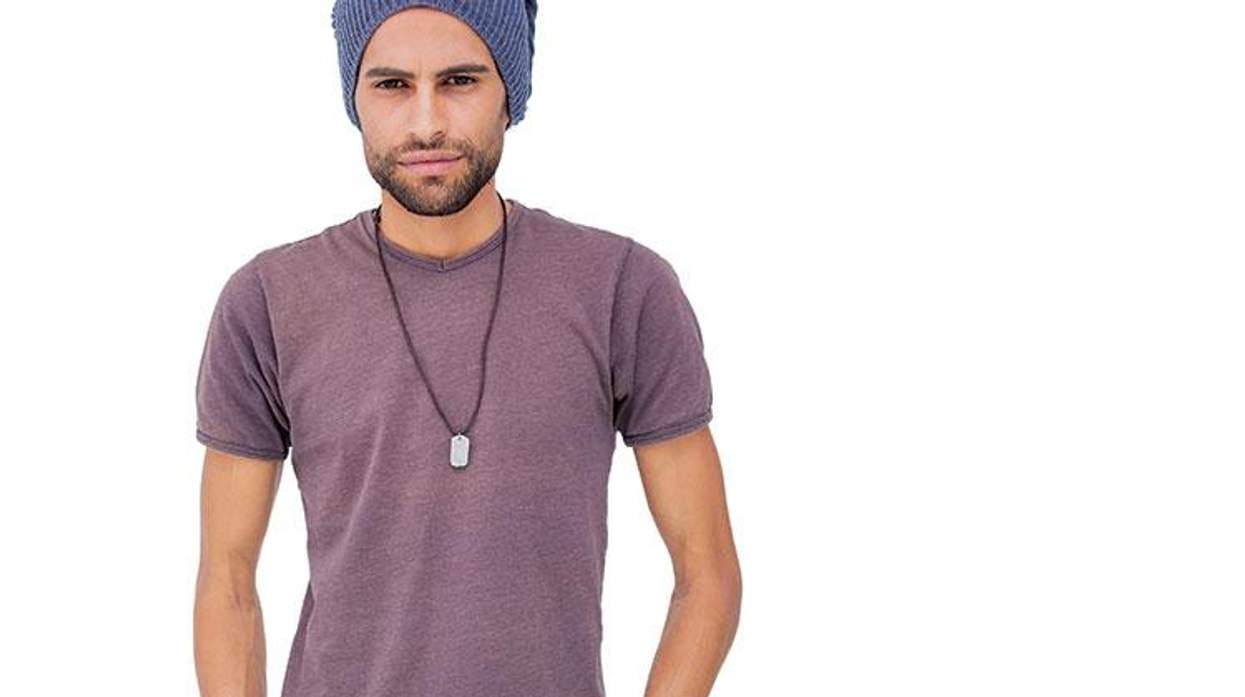I got lucky. I got lucky in the sense that Seattle is a very proud city, especially when it comes to its LGBT community. There are organizations, doctors, and mentors around every corner. When I got tested for HIV for the first time, I was nervous, but I knew I was in good hands.
Capitol Hill Medical is an LGBT clinic that strives to help Seattle's queer people when it comes to their health. As we enter the latter half of 2017, it's important for trans people to band together and educate each other on the importance of HIV testing.
Routine tests are vital when it comes to maintaining our health, and having the resources available for trans-specific people makes testing a lot less stressful and scary. It's about reaching as many people as possible and showing that we, trans people, are included in that call.
Overall, trans people want to feel safe and heard when it comes to our bodies and identities. Having spaces available for trans people to go for their medical checkups is the goal. Websites like MyTransHealth.com provide heaps of information on where to go and how to get tested, knowing that who you are is not only valued but validated.
What makes this so special to me is it shows that as a trans person, my health care needs are a little different, and there are people who want to ensure I'm taken care of appropriately. The fact is that trans people want to be seen for who we are, but unfortunately ignorance is very much alive.
Ignorance in the medical field often keeps trans people from seeing a doctor, which leads to a variety of complications and issues. It's time to have a wider focus on trans needs. Hopefully we will encourage more trans people to get tested, and remind ourselves there are places and people who care, understand, and want to help.
A few weeks after I slept with my boyfriend for the first time, I was sitting in the doctor's office having a routine blood draw to check my hormone levels. Once the needle was out and I was all patched up, my doctor turned to me and asked if I wanted them to check my status for HIV. I almost said no, but she explained it was a free test. Even if it hadn't been, I knew it was important, so I agreed.
I was nervous. While I waited, I texted the boy I had previously slept with. As my doctor came back into the room with the results, the boy responded telling me he had been tested months earlier. Then, my doctor announced I was HIV-negative.
I was happy I had decided to do it because I knew I was doing my body a service.
Spreading awareness and sharing the news to your fellow trans folk could help so many. We shouldn't have to shy away from clinics and hospitals; we shouldn't have to worry about being misgendered or mistreated because of who we are. Our care is specific, and we deserve to work with doctors who understand that.
I can't tell you how many times I've heard nurses and doctors tell trans people they couldn't help them, simply because they are trans. Having resources that provide ongoing counseling, treatment, repeat HIV testing, information on where to go, who to see and support (specifically for transgender individuals) can make a difference.
There are people who care, and they want you to know that they do. Facing stigma and having negative past experiences is something almost every trans person can relate to. I'm proud to speak out, knowing the barriers keeping trans people from the health care they need are finally starting to dissipate.
COLE HAYES is a transgender writer with a deep love for the vegan lifestyle. Follow him on Twitter @itscolehayes.




































































Charlie Kirk DID say stoning gay people was the 'perfect law' — and these other heinous quotes